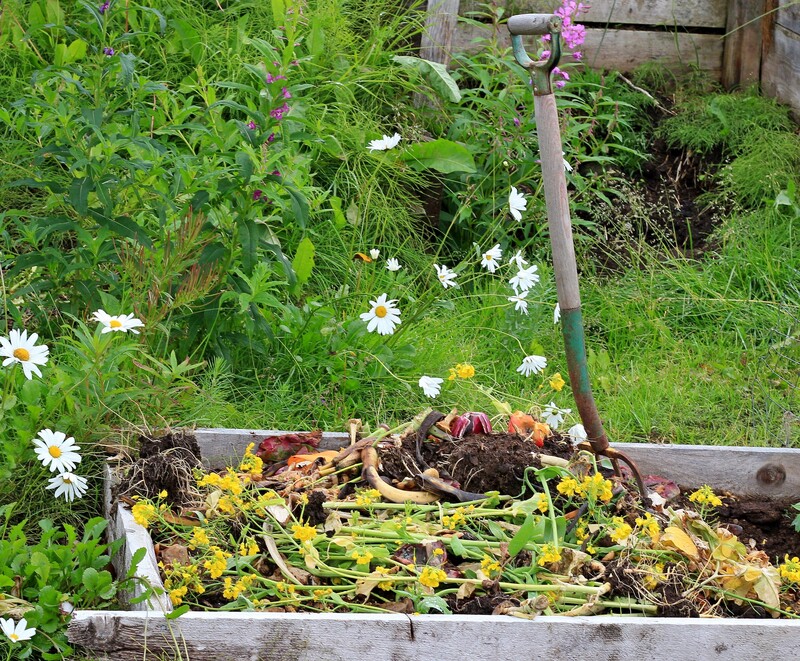Innovative Approaches to Food Waste Recycling in Restaurants
In recent years, the hospitality industry, particularly restaurants, has become increasingly conscious of its environmental footprint. As global awareness of sustainability grows, food waste recycling has emerged as a crucial practice. This article explores several innovative approaches to reducing food waste in restaurants, emphasizing eco-friendly solutions and sustainable practices.
The Significance of Food Waste Recycling
Food waste is a critical issue facing the world today. According to the Food and Agriculture Organization (FAO), approximately one-third of all food produced globally is wasted, equating to about 1.3 billion tons per year. This not only has significant environmental implications but also affects the economy and social welfare.
- Environmental Impact: Food waste in landfills produces methane, a potent greenhouse gas contributing to climate change.
- Economic Factors: Restaurants face increased costs due to waste disposal and loss of valuable resources.
- Social Concerns: Wasted food highlights inefficiencies in the food distribution system, especially when juxtaposed with global hunger issues.


Innovative Techniques for Reducing Restaurant Food Waste
Restaurants worldwide are adopting various techniques to minimize food waste and operate sustainably. Let's explore some of these innovative approaches.
1. Food Waste Tracking and Management Software
One of the most effective ways to reduce food waste is to track it accurately. Restaurants are increasingly deploying advanced software solutions that monitor waste patterns. These systems help in:
- Identifying waste at different stages of food preparation and consumption, allowing for targeted interventions.
- Providing insights into ordering patterns and inventory management to prevent over-purchasing.
- Encouraging staff participation in waste reduction programs through data-driven strategies.
By leveraging technology, restaurants can make more informed decisions that contribute to minimizing waste and optimizing costs.
2. Creative Menu Planning
Careful menu planning is essential in reducing food waste. Restaurants are adopting creative strategies such as:
- Nose-to-tail cooking: Utilizing all parts of an animal or plant reduces waste and enhances culinary creativity.
- Dynamic menu offerings: Creating menus that can change based on available ingredients helps optimize inventory usage.
- Daily specials: Incorporating surplus ingredients into featured dishes minimizes waste and offers diners fresh options.
Such innovative approaches in menu design can substantially reduce food wastage while offering unique dining experiences.
3. Composting Initiatives
Composting is a viable solution for recycling organic waste into nutrient-rich compost. Restaurants are engaging in composting practices by:
- Partnering with local farms to provide compost for agricultural use, completing the food cycle loop.
- Installing on-site composters to process food scraps directly, reducing transport emissions.
- Educating staff and customers about the benefits of composting and how they can contribute.
Composting not only reduces landfill contributions but also supports local agriculture, fostering a more sustainable food system.
4. Anaerobic Digestion
Anaerobic digestion involves the breakdown of organic matter by microorganisms in the absence of oxygen, resulting in biogas production. This innovative method is gaining traction among restaurants due to its ability to:
- Convert food waste into renewable energy, reducing reliance on fossil fuels.
- Produce digestate, a natural fertilizer that is useful for agricultural purposes.
- Provide a waste management solution that aligns with environmental sustainability goals.
Implementing anaerobic digestion systems can make a substantial impact on both waste reduction and energy production.
5. Food Donation Programs
Not all unused food needs to go to waste. Restaurants are increasingly participating in food donation programs to ensure surplus food reaches those in need.
- Collaborating with local food banks and shelters to distribute excess food helps address hunger issues.
- Legal protections for food donations, like the U.S. Good Samaritan Food Donation Act, encourage restaurants to engage in such programs without fear of liability.
- Promoting corporate social responsibility by actively contributing to community welfare.
Food donation is a socially responsible method of recycling food resources and supporting underprivileged communities.
Challenges and Future Prospects
Despite the promising developments outlined above, the industry faces several challenges in effectively implementing food waste recycling practices:
- Cost implications: Initial investment in technology and systems can be high for small to medium-sized restaurants.
- Operational changes: Integrating new methods requires adjustments in workflows and staff training.
- Consumer awareness: Educating diners about sustainable menu changes plays a crucial role in adoption.
However, the future of food waste recycling in restaurants is bright, with ongoing advancements and increased awareness driving further innovation. Continued research, government incentives, and collaborative efforts across the food sector will pave the way for more sustainable practices.
In conclusion, restaurants must embrace these innovative solutions to reduce food waste and enhance sustainability. Through technology, creative menu planning, and partnerships, the industry can significantly lower its environmental impact while remaining profitable and socially responsible.
Adopting these measures ensures a win-win outcome: reduced waste, improved resource efficiency, and a more secure and sustainable future for all.